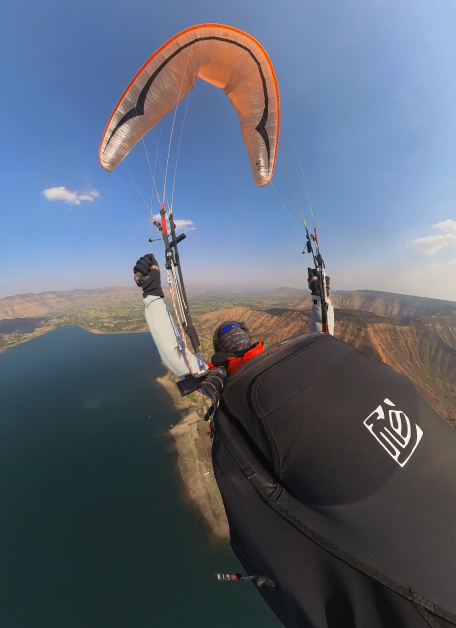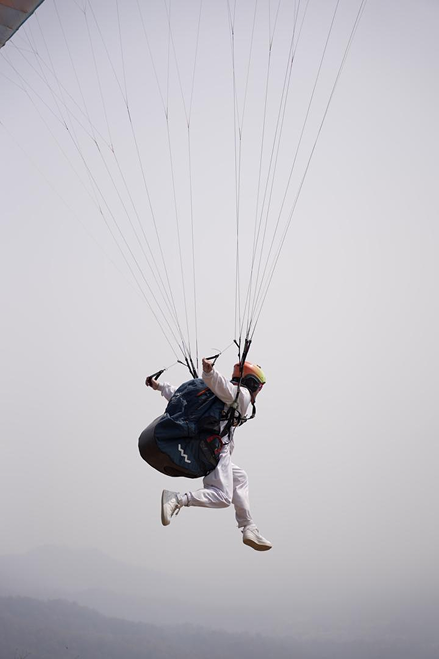course duration:
5 days
Requirement:
Prerequisites:
- Proof of insurance (worldwide coverage): medical / search and rescue / 3rd person liability
- APPI level 3 Licence
- Basic physical fitness,
- Normal Medical Condition,
- Proper Gears (Flying Equipments, Ankle Boots and Full trousers)
- And a willingness to learn is essential.
Age Limit:
- Participants should be at least 18 years old.
- Those younger than 18 will need parental consent.



